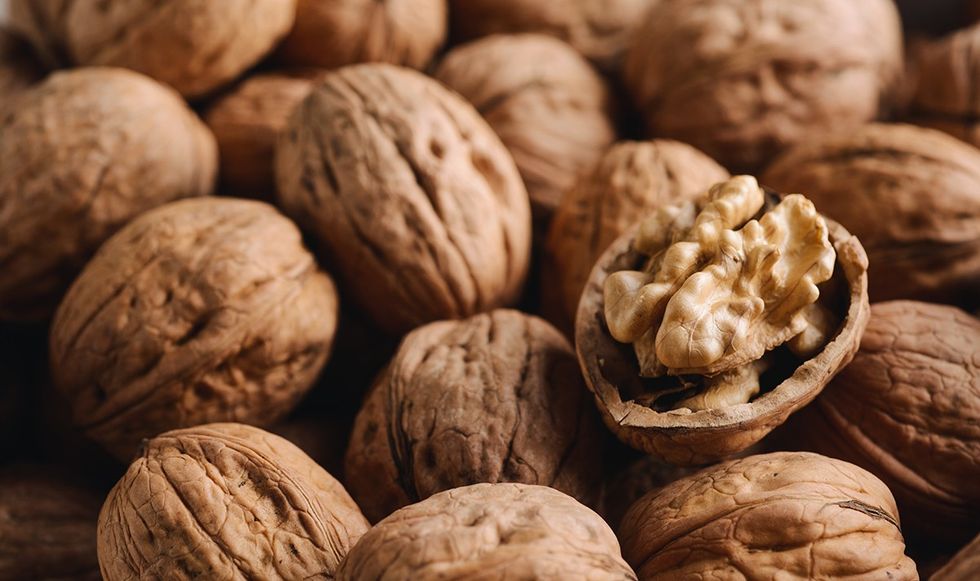Popular nut with 'many benefits' could hold key to slashing colon cancer risk

The snack contains compounds that could help inhibit the development of the disease
Don't Miss
Most Read
A new study from the UConn School of Medicine has revealed that walnuts may play a significant role in reducing colorectal cancer risk.
The research, published in Cancer Prevention Research, found that compounds called ellagitannins found in walnuts help inhibit cancer development.
These beneficial compounds are converted by the gut into urolithin A, a potent anti-inflammatory agent.
"Ellagatannins in the walnut are importantly providing the anti-inflammatory and anticancer properties that we're seeing in patients in our clinical trial research," said study author Daniel W. Rosenberg from the UConn School of Medicine.
 Bowel cancer patients often report persistent stomach pain | GETTY
Bowel cancer patients often report persistent stomach pain | GETTYThe study included 39 patients between the ages of 40 and 65 who were screened at UConn John Dempsey Hospital.
Participants first avoided all ellagitannin-containing foods and beverages for a week to reset their urolithin levels.
They then began consuming ellagitannin-rich walnuts as part of a closely monitored diet. After three weeks on this diet, each participant underwent a colonoscopy.
Researchers were able to measure the effects of walnut consumption on colon health by examining tissue samples and biomarkers.
The results showed that patients with high levels of urolithin A following walnut consumption had reduced levels of several crucial proteins often present in polyps.
These polyps are small growths that form on the lining of the colon and can lead to colorectal cancer. High urolithin A levels also reduced inflammatory markers across blood, urine, and faecal samples.
The researchers noted these effects could positively influence immune cells within colon polyps.
Patients with elevated urolithin A levels also showed increased serum levels of peptide YY, a protein associated with the inhibition of colorectal cancer.
LATEST DEVELOPMENTS:

Walnuts offer a wide range of health benefits
|GETTY
The protein vimentin, often linked to advanced forms of colon cancer, was significantly reduced in polyp tissues of patients with the highest urolithin A levels.
Interestingly, the study found that patients with obesity had the greatest capacity to form urolithins through their gut microbiome.
"Urolithin A has a very positive influence on inflammation and maybe even cancer prevention," Rosenberg explained.
He noted that dietary supplementation with walnuts can boost urolithin levels in people with the right microbiome, whilst significantly reducing inflammatory markers, especially in obese patients.
"There are many potential benefits one can get from eating walnuts, with so little downside risk," Rosenberg added.
"Just grabbing a handful every day is really something that you can easily do for your long-term health benefit."











